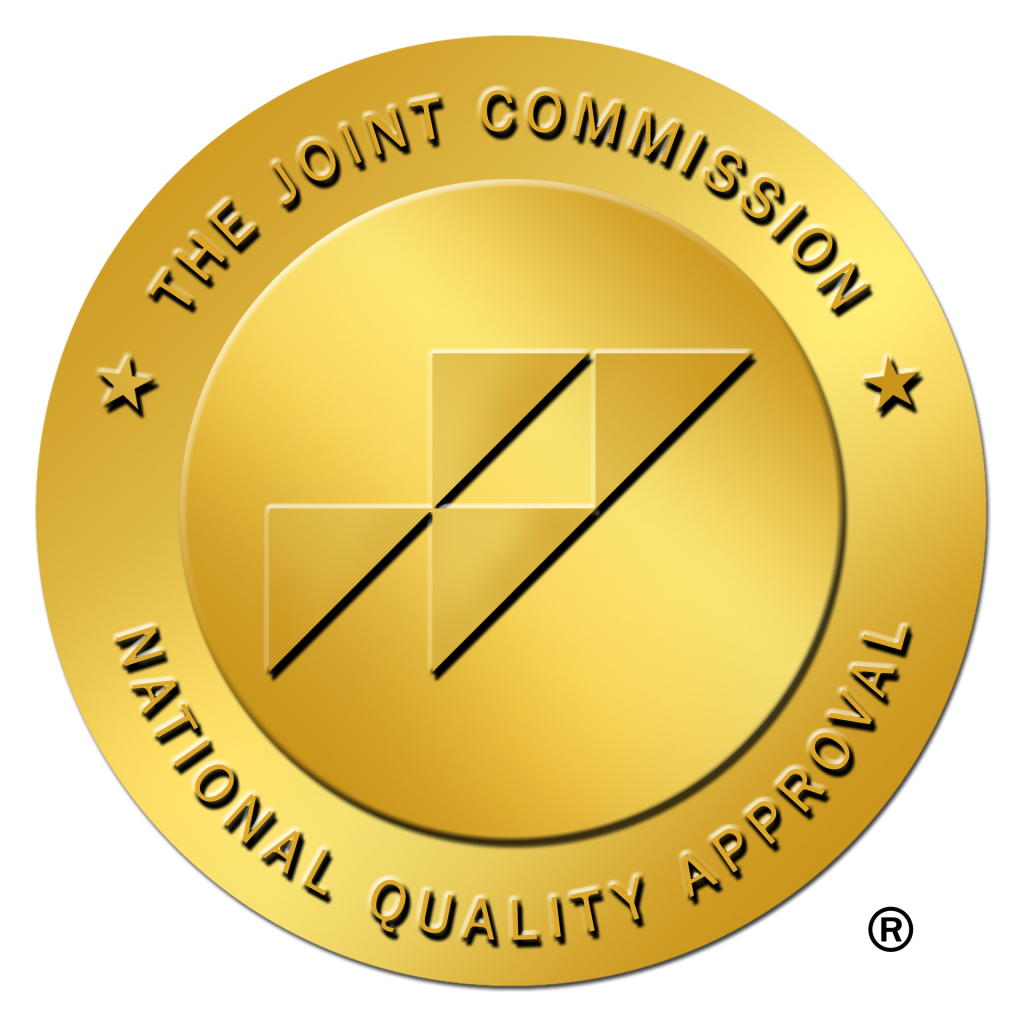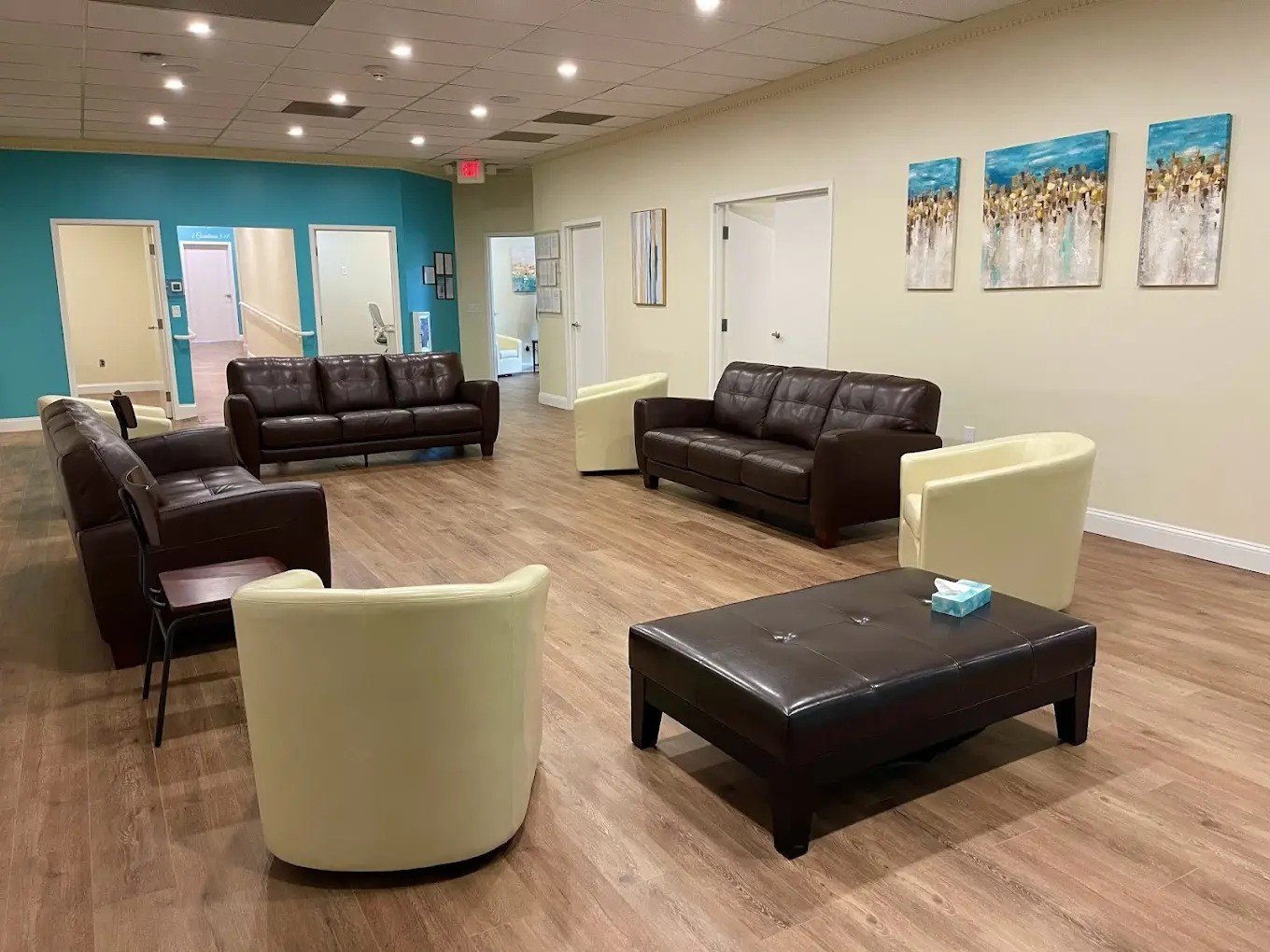Outpatient Alcohol Rehab Nj
Importance of Outpatient Care
Living in New Jersey, I have witnessed firsthand the transformative impact of outpatient alcohol rehab NJ on individuals battling alcohol addiction. These programs offer a flexible and less intrusive option compared to residential rehabilitation, making them ideal for those who need to maintain daily responsibilities.
Outpatient alcohol rehab NJ focuses on integrating treatment into everyday life, allowing individuals to continue working, studying, or caring for their families while receiving the support they need. This format is particularly beneficial for working professionals and adults with significant family commitments.
Programs Offered at Our Center
Partial Hospitalization Program (PHP)
Our Partial Hospitalization Program (PHP) is a structured day treatment that provides intensive therapy for those in need of substantial support. Clients attend therapy sessions during the day and return home in the evening, allowing them to apply recovery strategies in real-life settings without the disruptions of complete institutionalization.
Intensive Outpatient Program (IOP)
The Intensive Outpatient Program (IOP) at New Chapter Recovery is designed for those who require more frequent engagement than standard outpatient therapy. Clients participate in multiple therapy sessions per week, offering a balance between intensive treatment and daily activities.
Outpatient Program (OP)
Our Outpatient Program (OP) is ideal for individuals transitioning from intensive care or those who require a less structured approach. This program focuses on relapse prevention and lifelong sobriety, offering support while encouraging autonomy.
Integrated Dual Diagnosis Treatment
One of the hallmarks of our center is the integrated dual diagnosis approach, which addresses co-occurring mental health disorders alongside substance use. This strategy is vital, as untreated mental health conditions can impede recovery and increase relapse risk.
In my experience, this comprehensive care model fosters better outcomes by ensuring that each aspect of an individual’s health is considered. Clients benefit from a holistic treatment plan that includes cognitive therapies like CBT and DBT, tailored to their unique needs.
Our clinical team collaborates to develop personalized treatment plans, ensuring that mental health and addiction are treated in tandem, supporting sustainable recovery.
Personal Experiences and Insights
Working in outpatient alcohol rehab NJ, I’ve encountered countless inspiring stories of resilience and recovery. One client, a dedicated teacher, could attend sessions after school, allowing her to maintain her career while pursuing sobriety. Such flexibility is a core benefit of our outpatient services.
Another client, a veteran, found solace in our specialty tracks, such as animal-assisted therapy and veterans treatment. These tailored programs provide therapeutic value and resonate with clients, helping them navigate the complexities of recovery with support and understanding.
Relapse Prevention and Support
At New Chapter Recovery, relapse prevention is a cornerstone of our outpatient programs. We emphasize long-term sobriety through targeted strategies and ongoing support. Regular sessions, goal-setting, and therapeutic modalities are all geared toward minimizing relapse risks.
Clients learn to identify triggers and develop coping mechanisms, ensuring they are equipped to face challenges outside the therapeutic environment. Family support and engagement play a crucial role in maintaining motivation and accountability.
Specialty Tracks and Tailored Approaches
Our center offers a variety of specialty tracks to cater to different client needs and preferences. The animal-assisted therapy program provides a unique blend of relaxation and emotional support, helping clients open up in sessions.
Veterans benefit from treatment tailored to their specific experiences, while faith-based recovery programs offer spiritual support for those who seek it. These options demonstrate our commitment to personalized care and adaptability to various recovery paths.
Engagement with Families and Communities
Family involvement in recovery is a critical component of successful treatment. We actively engage family members in the recovery process to enhance support systems and foster understanding. Educational sessions and family counseling are available to strengthen these bonds.
Community reintegration is also a focus, with aftercare planning that ensures clients remain engaged with their communities and support networks. Collaboration with local resources facilitates this transition, promoting long-term recovery and community participation.
Our partnerships within the Morris County area and beyond help to create a comprehensive support network for our clients, encompassing both professional and personal connections.
The Role of Multidisciplinary Teams
A diverse clinical team is at the heart of our treatment philosophy, ensuring that clients benefit from a spectrum of expertise. Our professionals, ranging from psychologists to addiction specialists, collaborate to develop and execute treatment plans.
This multidisciplinary approach enhances client care by addressing varied needs and providing comprehensive solutions. Therapy sessions incorporate evidence-based practices and innovative interventions, tailored to client-specific circumstances.
By leveraging the skills of our team, we strive to deliver a robust and effective outpatient alcohol rehab NJ experience that promotes sustainable recovery and improved mental health outcomes.
Incorporating insights from various disciplines, our strategies are designed to be adaptable and responsive to the evolving needs of our clientele, ensuring the highest quality of care.
Insurance and Accessibility
Accessibility is a priority at New Chapter Recovery, with our admissions team working tirelessly to ensure that financial considerations don’t hinder access to necessary treatment. We facilitate swift insurance verification, including out-of-network and Tricare benefit checks.
Our service-based healthcare model is primarily funded through patient insurance reimbursements and private pay, complemented by community referrals and clinical partnerships. Accessibility to quality care is central to our mission, enabling more individuals to benefit from our outpatient alcohol rehab NJ services.
- Fast insurance verification
- Flexible payment options
- Community referrals and partnerships
What are the key advantages of choosing outpatient alcohol rehab over residential treatment?
One of the most significant benefits of outpatient alcohol rehab is the ability to maintain daily responsibilities while receiving treatment. Many of our clients are working professionals or have family obligations, and the flexibility of our day and evening sessions allows them to attend therapy without completely stepping away from their lives. Outpatient care also enables individuals to immediately apply the recovery strategies they learn in real-world settings, which can enhance the learning process and solidify long-term sobriety. Additionally, this setup encourages a supportive environment outside therapy, engaging family and friends in the recovery journey.
How do you determine which program is the best fit for an individual’s needs?
Deciding the appropriate program often begins with a thorough assessment. At New Chapter Recovery, we offer free confidential assessments to understand the individual’s specific needs, challenges, and goals. Factors such as the severity of the addiction, presence of co-occurring mental health conditions, and personal obligations like work or family are critical in choosing between our Partial Hospitalization Program, Intensive Outpatient Program, or standard Outpatient Program. We work collaboratively with clients to ensure the selected program aligns with their recovery objectives and lifestyle, ensuring they feel comfortable and supported throughout the treatment.
Why is an integrated dual diagnosis treatment approach so important in outpatient rehab?
An integrated dual diagnosis approach is crucial because mental health disorders and substance use issues often coexist, influencing each other in complex ways. Untreated mental health conditions can hinder addiction recovery and increase the chances of relapse. At our center, we prioritize treating these co-occurring conditions simultaneously, using evidence-based therapies like Cognitive Behavioral Therapy (CBT) and Dialectical Behavior Therapy (DBT). This comprehensive approach not only addresses immediate symptoms but also empowers clients with coping mechanisms to manage both mental health and addiction issues effectively. We find that addressing the whole person, rather than just the addiction, results in more sustainable recovery outcomes.
How do personal experiences and specialty tracks enhance the recovery process?
Personal experiences and specialty tracks can significantly enhance the recovery process by providing clients with additional therapeutic avenues that resonate with their personal stories. For instance, we have a client who, as a veteran, found great comfort and progress through our veteran-specific treatment track. This track includes therapies that acknowledge and address military experiences, facilitating a more relatable recovery path. Similarly, our animal-assisted therapy offers emotional support and relaxation, creating an environment where clients feel more open and engaged during sessions. Tailoring these experiences to individual backgrounds and preferences not only makes treatment more effective but also more meaningful, encouraging clients to actively participate in their recovery.
How does family and community engagement contribute to the success of treatment?
Family and community engagement are vital components of successful treatment as they provide a network of support that extends beyond the clinical setting. Involving family members in sessions and offering family counseling can help educate them on addiction and recovery, fostering a more understanding and supportive home environment. We also emphasize community reintegration, which helps clients build or rebuild relationships with local resources and support networks. This engagement not only strengthens the recovery process but also promotes accountability, motivation, and a sense of belonging, which are crucial for long-term sobriety. By collaborating with community resources, we ensure that our clients have a safety net that supports their ongoing recovery journey.
What role do multidisciplinary teams play in the effectiveness of outpatient treatment?
Multidisciplinary teams are pivotal in delivering comprehensive and effective outpatient treatment. At New Chapter Recovery, our diverse team of professionals, including psychologists, addiction specialists, and counselors, collaborates to create personalized treatment plans tailored to each client’s unique needs. This approach ensures that every aspect of a client’s health–mental, emotional, and physical–is addressed. By incorporating various perspectives and expertise, we can offer a range of evidence-based therapies and interventions that are adaptable to changing needs throughout the recovery journey. This holistic care model not only enhances the quality of treatment but also increases the likelihood of achieving successful, lasting sobriety.
How does New Chapter Recovery handle insurance and financial accessibility for treatment?
We understand that financial concerns can be a barrier to accessing treatment, which is why we strive to make our services as accessible as possible. Our admissions team is skilled at navigating insurance complexities, offering fast and confidential verification. We accept a wide range of insurance plans, including out-of-network providers and plans like Tricare. Additionally, we provide flexible payment options for those who need them. Our goal is to remove financial obstacles so individuals can focus on their recovery journey. With a commitment to transparency and support, we work closely with clients to ensure they receive the necessary care without undue financial stress.
Resources
- Substance Abuse and Mental Health Services Administration (SAMHSA) – A government organization dedicated to improving the behavioral health of individuals in the United States.
- National Institutes of Health (NIH) – One of the world’s foremost medical research centers, providing valuable information on health and wellness.
- Centers for Disease Control and Prevention (CDC) – A leading national public health institute in the United States, providing reliable health information and resources.
- National Institute of Mental Health (NIMH) – The largest scientific organization in the world dedicated to research focused on understanding, treating, and preventing mental illnesses.
- National Institute on Drug Abuse (NIDA) – A government resource providing comprehensive research-based information on substance abuse and addiction.






